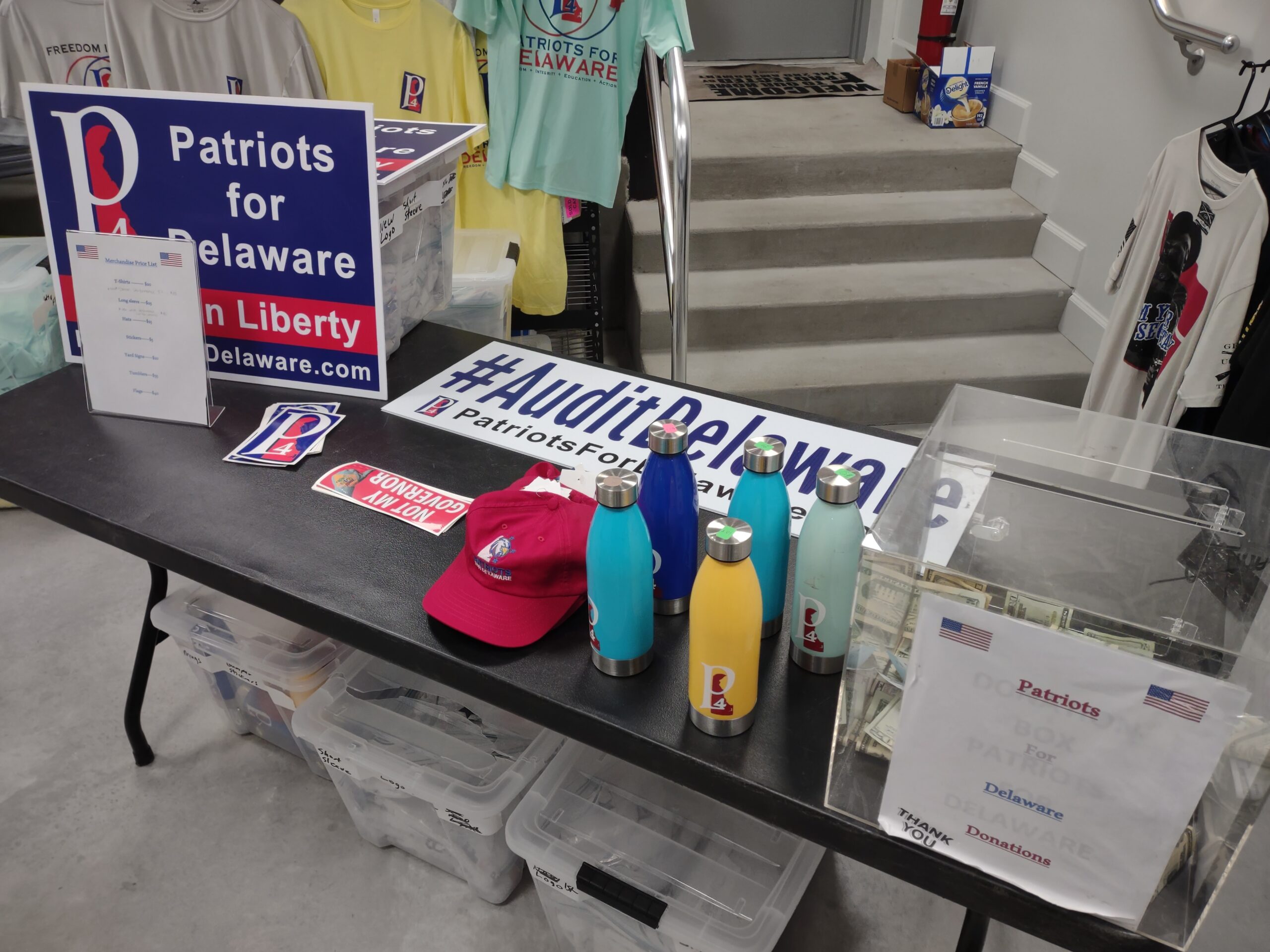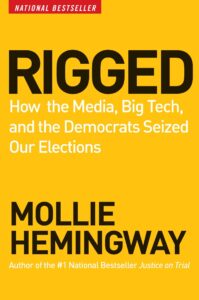Because I did quite a bit of e-mail list pruning over the holidays – it was easier than shedding those holiday pounds, which are still there – it took a little longer for me to find compelling items I wanted to spend anywhere from a couple sentences to a couple paragraphs on. So here we go again.
A cure for insomnia
You may not have noticed this while you were putting on pounds and using your gas-guzzling vehicle to drive around and buy holiday gifts, but Delaware now has a Climate Action Plan. Of course, it involves the folly of minimizing greenhouse gas emissions – as if our little state will make much of a difference on that front – and actions they term as “maximize resilience to climate change impacts.” They fret that “Delaware has already experienced over 1 foot of sea level rise at the Lewes tide gauge since 1900. By midcentury, sea levels are projected to rise another 9 to 23 inches and, by 2100, up to an additional 5 feet.” These are the people who can’t tell you if it will snow in two weeks but they’re sure of this one. Moreover, these assertions were easily swatted out of the park.
The only climate action plan we need is to first follow Virginia’s lead and ditch the Regional Greenhouse Gas Initiative, since that’s simply a wealth transfer mechanism from middle-class pockets to utilities to government to entities they deem as those in need of “equity.” After that, it’s time to repeal every last renewable energy mandate and get back to reliable power, not dependence on arbitrary and capricious wind and sunshine for our electricity. The dirty little secret is that we need those fossil fuel plants as backup anyway so we may as well get our use out of them. Don’t believe me? Well, the Caesar Rodney Institute agrees:
Did you know Delaware has been mandating wind and solar power in addition to providing subsidies for both for over a decade? In 2021, the mandate required 21% power from wind and solar, increasing to 40% by 2035. So far, 90% of the wind and solar mandate is being met with out-of-state generation, with only 2% of electric demand met by in-state solar. At night, when it’s cloudy, and in winter, when solar power drops 40% compared to summer, reliable power is needed for backup.
“What Delaware Needs in State Electric Power Generation?”, Caesar Rodney Institute, December 26, 2021.
So we are subsidizing other states. Unfortunately, we are probably in the same boat for awhile but, rather than muck up the shipping lanes entering Delaware Bay with useless wind turbines or put hundreds of acres out of use for agriculture with ugly (and generally Chinese-made) solar panel farms, we could just build a series of natural gas generating plants with a minimal infrastructure investment in additional or expanded pipelines. It’s the better way.
Losing the hand
If you recall the 2010 election, the Beltway pundits bemoaned a missed opportunity in Delaware because Mike Castle lost in the Republican primary to TEA Party favorite Christine O’Donnell. (Some guy wrote part of a chapter in a book about this.) After their favored candidate lost, the Delaware GOP establishment took their ball and went home, resulting in a schism that still occasionally pops up to this day.
Well, Mike is back in the news as he was recently selected to be part of the board at A Better Delaware. As they describe it:
During 40 years in public office, Gov. Castle served two terms as governor, from 1985 to 1992, before he was elected to the U.S. House of Representatives for nine terms. While in Congress, he served on the Financial Services Committee and on the Education and Labor Committee and was a strong advocate for fiscal responsibility and working across party lines to build bridges and form coalitions to find pragmatic, bipartisan solutions to some of the nation’s most pressing problems.
“Former Gov. Mike Castle Joins A Better Delaware Board,” January 18, 2022.
What do we get when we reach across party lines? Our arm ripped off and beaten with it. Democrats in Delaware have zero interest in working with Republicans (let alone the conservatives who need to be in charge) so I don’t see the use of this relic who exemplifies everything that frustrates common-sense Delawareans about the Delaware GOP. If you want A Better Delaware, you need to elect people vowing to do whatever it takes to undo the forty years’ worth of damage done by the Democrats. They can shut up and sit down for awhile.
But it would be cool if Christine O’Donnell took a job there.
Tone-deaf
Anymore I use part of my odds and ends to pick on that crazy one from South Dakota, Rick Weiland. (You thought I would say Kristi Noem?) Just two weeks ago he wrote, “It has never been more important for the Biden administration and Congress to go bold and make sure everyone has enough high-quality masks to protect themselves and others.” Weiland was advocating for some boondoggle called the Masks for All Act.
Of course, we all know that two weeks later mask mandates were being dropped all over the blue-state country by Democrat governors who claimed to be following the science, and they did… right up to the point where the “science” affected their chances of holding on to any sort of power. It’s all about power, folks, and don’t you forget it.
But Weiland is the same nut who rails on about “insurrectionists” in Congress and deplatforming Fox News because it, “consistently downplays the seriousness of the pandemic, while amplifying risky treatment alternatives like ivermectin (and) is allowed to spew disinformation directly into the homes of millions of Americans 24 hours a day, 7 days a week.” Yet people take this stuff seriously. I just thought you needed a good laugh.
Invading the Shore
Speaking of crazy people…
It took awhile, but now we seem to have a branch of Indivisible of our very own on the Eastern Shore of Maryland. “We are IndivisibleShore,” they write, “and are here to help you help progressive candidates win elections in Maryland, specifically The Eastern Shore and Eastern parts of the Western Shore.”
Well, that’s about the last thing they need – talk about an invasive species. Besides the Zoom training sessions, they also promise, “We have phone banking, door knocking (when safe) and postcard writing available. We also will be sponsoring music events and get togethers when safe.” One out of five ain’t bad if the band is halfway decent, as I’m quite aware that most musicians are on the opposite side of the political spectrum.
This guy gets it
Now we can come back to sanity.
One thing I recommend reading (or hearing, since it’s a brief weekly podcast) is the Castle Report. While Donald Trump was a fine president, I think Castle would have been Donald Trump on steroids when it came to trimming the government back to Constitutional levels (provided he had a like-minded Congress.) He’s the reason I joined the Constitution Party here in Delaware. (And somehow I’ve managed in one article to talk about two different guys surnamed Castle. Odd. Or maybe an end.)
This week he talked about the Canadian truckers’ convoy and it’s one of his best. One thing to ponder from his piece – ask yourself who this sounds like:
So, who is this man, Justin Trudeau, and what are his qualifications to hold the office of Prime Minister of Canada? Other than the fact that he was elected by a majority of Canadian voters, he has only one qualification and that is he is the son of the former Prime Minister Pierre Trudeau. Pierre was of military age during World War ll but declined to serve. He built his fortune and his political career at home while Canadians were dying on the battlefields of Europe. Pierre was apparently a devout communist and never met or even heard of a murderous, dictator he didn’t love. He went to the Soviet Union to participate in the great achievements of Joseph Stalin. He wrote glowing praises of Mao’s regime in China. He had a friendly relationship with Castro and visited with him in Cuba. Some of the praise he heaped on Stalin was of new Russian cities built from the rubble of the great war, but he never mentioned the many thousands of slaves who died building those cities.
Justin seems to have nothing to recommend him to Canadians except he follows in his father’s communist footsteps. What, I wonder, is his own merit or his own achievement? He has no scholarly achievement, no publications to his name, no business experience, but he is an accepted legacy, member of the global ruling elite and, therefore, protected.
For example, as a young man, he often appeared in blackface and sang the Harry Belafonte classic, The Banana Boat Song. He now says he considers that racist but no resignation, and no groveling apology. He is also free to call the truckers racists because one truck flew a Confederate flag.
“Unacceptable Views”, Darrell Castle, The Castle Report, February 11, 2022.
It’s worth mentioning that the Canadians are just the first, as other nations have gotten into the act. But imagine this: thousands of everyday Canadians lined Canada’s main highway east from British Columbia to cheer these truckers on, in subfreezing weather. It was a little bit like a Trump rally in terms of enthusiasm, but instead of a political figure these folks were there for a political statement and not the opportunity to glom onto celebrity. That’s a key difference. Let’s pray for their success.
Play ball!
While the major leaguers are locked out and almost certainly won’t begin spring training on time, our Delmarva Shorebirds are on track to begin their spring training on February 28 and begin the regular season April 8, as they are unaffected by the lockout. There are lots of reasons to go to the ballpark already, but the Shorebirds have an interesting promotional schedule worth checking out.
It’s a good way to bring this 109th edition of odds and ends to a close.





